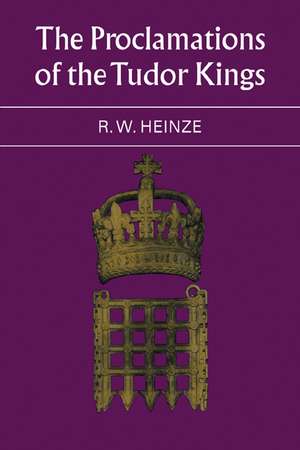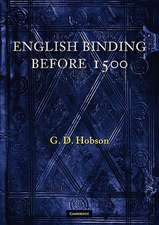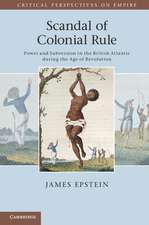The Proclamations of the Tudor Kings
Autor R. W. Heinzeen Limba Engleză Paperback – 13 oct 2008
Preț: 402.09 lei
Nou
Puncte Express: 603
Preț estimativ în valută:
76.94€ • 80.55$ • 63.66£
76.94€ • 80.55$ • 63.66£
Carte tipărită la comandă
Livrare economică 07-21 aprilie
Preluare comenzi: 021 569.72.76
Specificații
ISBN-13: 9780521085540
ISBN-10: 0521085543
Pagini: 332
Dimensiuni: 151 x 228 x 18 mm
Greutate: 0.49 kg
Editura: Cambridge University Press
Colecția Cambridge University Press
Locul publicării:Cambridge, United Kingdom
ISBN-10: 0521085543
Pagini: 332
Dimensiuni: 151 x 228 x 18 mm
Greutate: 0.49 kg
Editura: Cambridge University Press
Colecția Cambridge University Press
Locul publicării:Cambridge, United Kingdom
Cuprins
1. The early Tudor royal proclamations; 2. The authority of royal proclamations; 3. The use of royal proclamations: an overview; 4. The use of royal proclamations: Henry VII; 5. The use of royal proclamations: Henry VIII - the first stage; 6. The Statute of Proclamation; 7. The use of royal proclamations: Henry VIII - the second stage; 8. The use of royal proclamations: Edward; 9. The enforcement of royal proclamations; 10. Conclusions.
Descriere
Royal proclamations were an important instrument of Tudor government and their legislative function has long been a subject of historical controversy.














